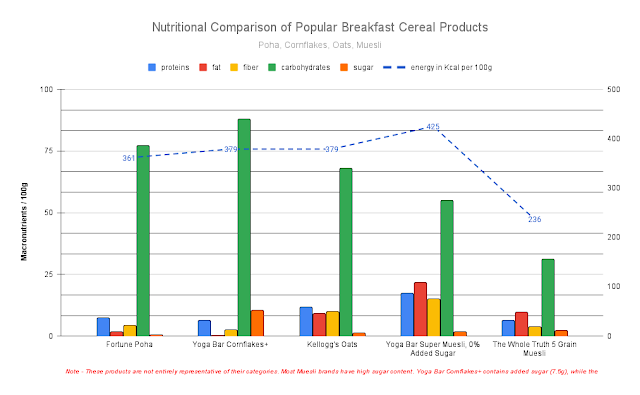Applejuiceification
An X user shocked the internet in a viral thread about “applejuiceification and the illusion of choice”, pointing out that most mixed juices and smoothies are mainly made from apples.
The post examined 13 juices in a supermarket, finding that most contained 50%+ apple juice, despite not mentioning apple in the product name. Examples included a Naked passion fruit, mango, and guava smoothie with 62% apple juice, and an Innocent pink dragon fruit and lychee drink made from 70% apple juice.
The Guardian consulted food experts who explained how and why juice manufacturers often use cheap, abundant apple juice as a base, even when the product is marketed as a different fruit flavor. Apples provide a sweet-tart taste profile that consumers find palatable, and using apple juice allows companies to maximize profit margins.
The experts noted that there are only two ways for food companies to make more money - sell more or use cheaper ingredients. Apple juice is a "double win" as it is perceived as healthy, while also being an incredibly inexpensive commodity (in Western countries) to process. Juice manufacturers can then add a small amount of the advertised fruit flavor, or just use coloring and labeling to influence consumer perception. Colour affects our taste. Dye scrambled eggs blue and you can’t eat them.
 |
| Smoothie with 68% apple, 11% mango. Image source: @echetus |
Though fruit juices have a "health halo" because of their association with fruit, the experts caution they are essentially concentrated sugar water, no healthier than other sweetened beverages. The sugar content in many juices can match that of soda, undermining their healthy image.



Comments
Post a Comment